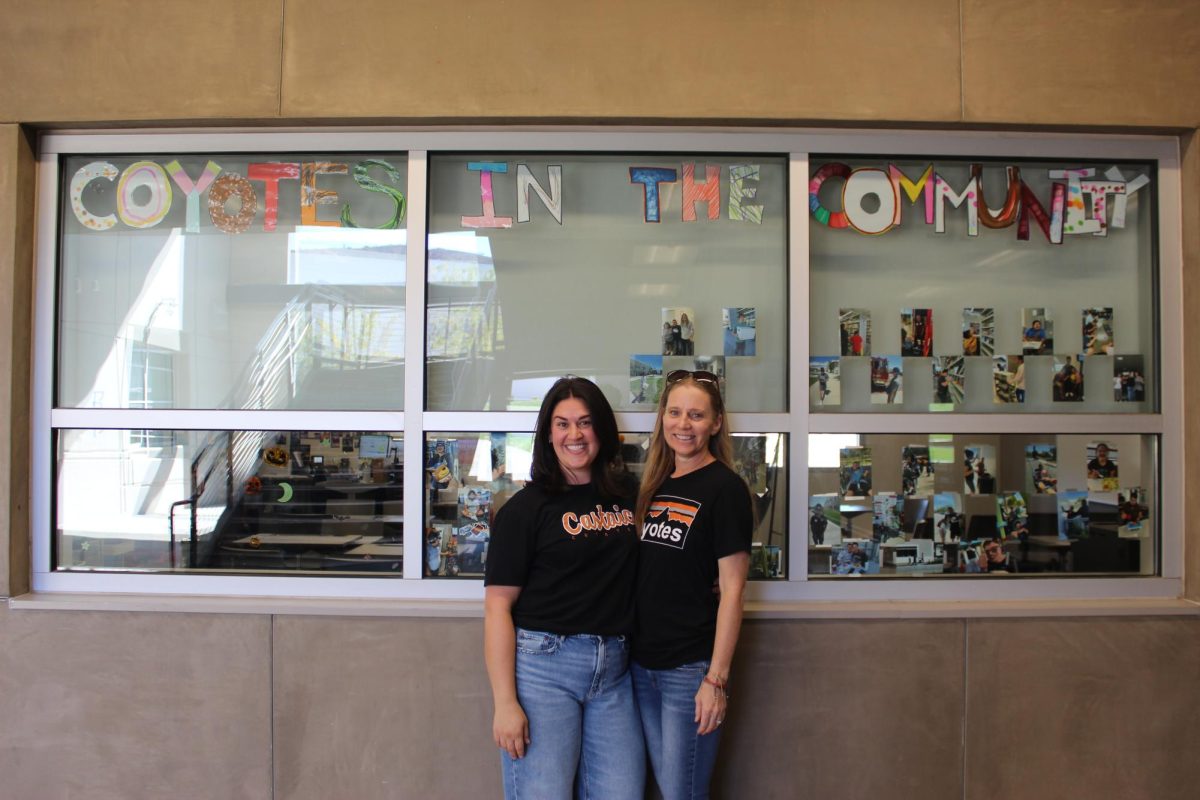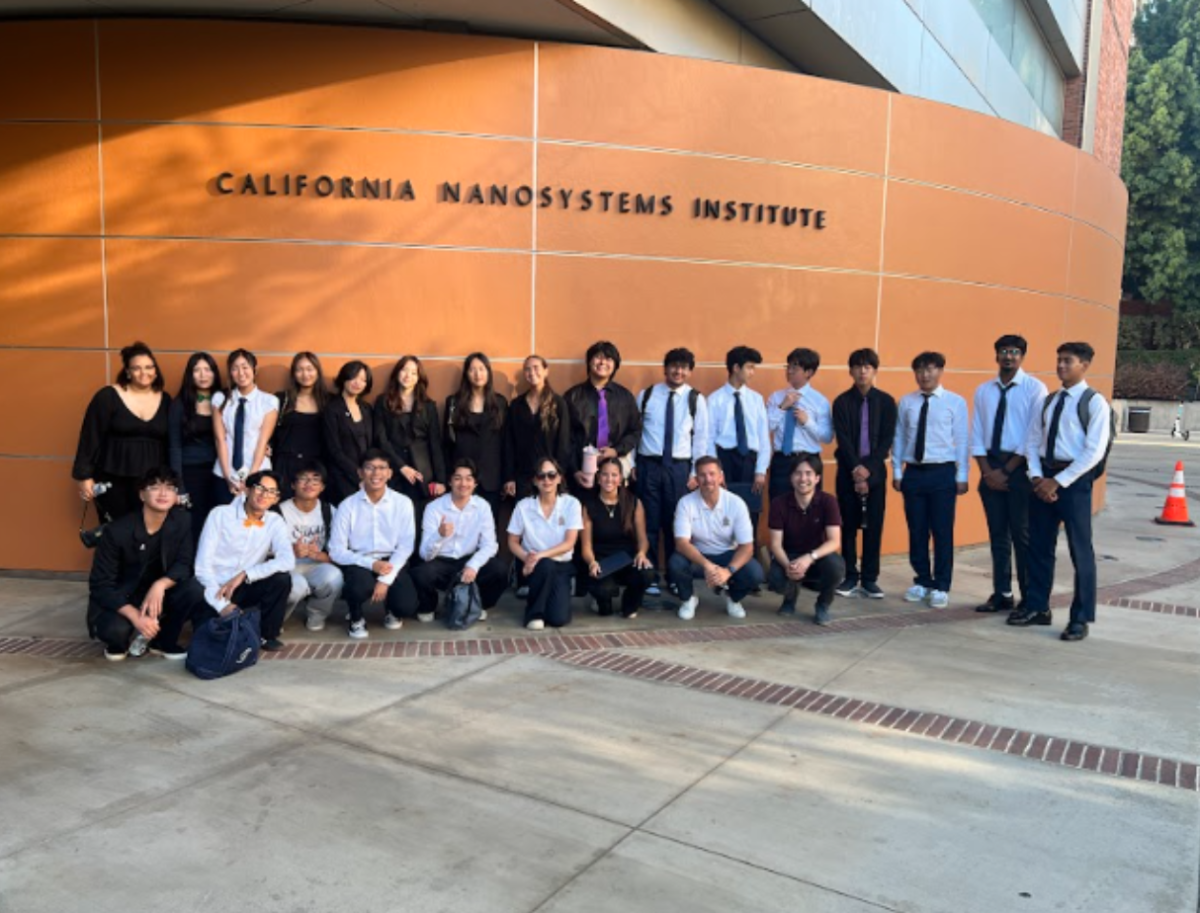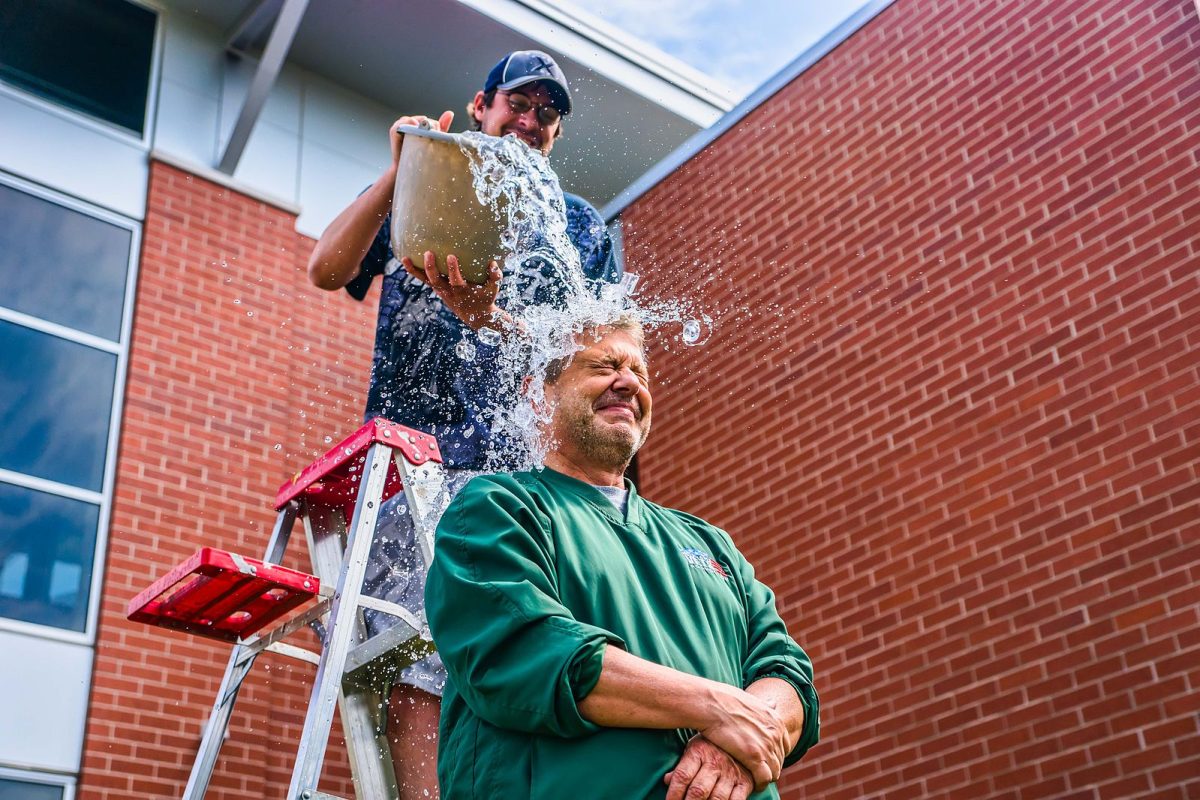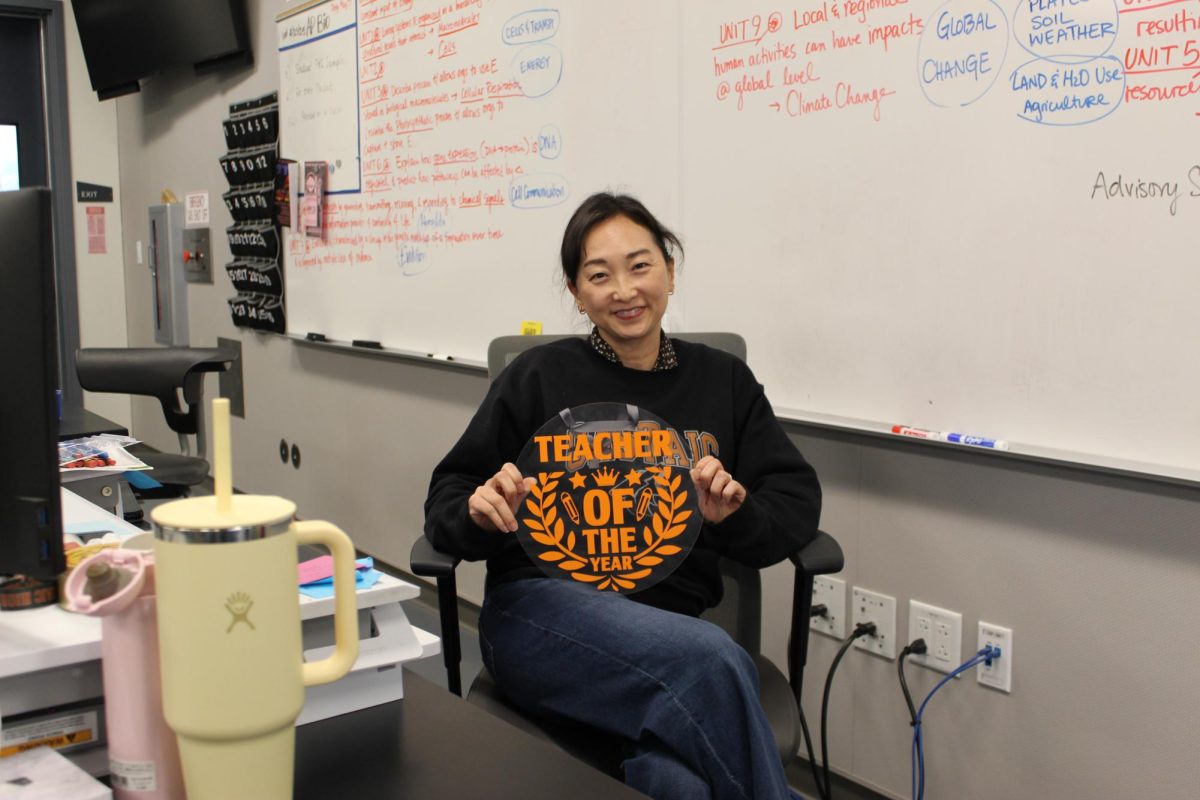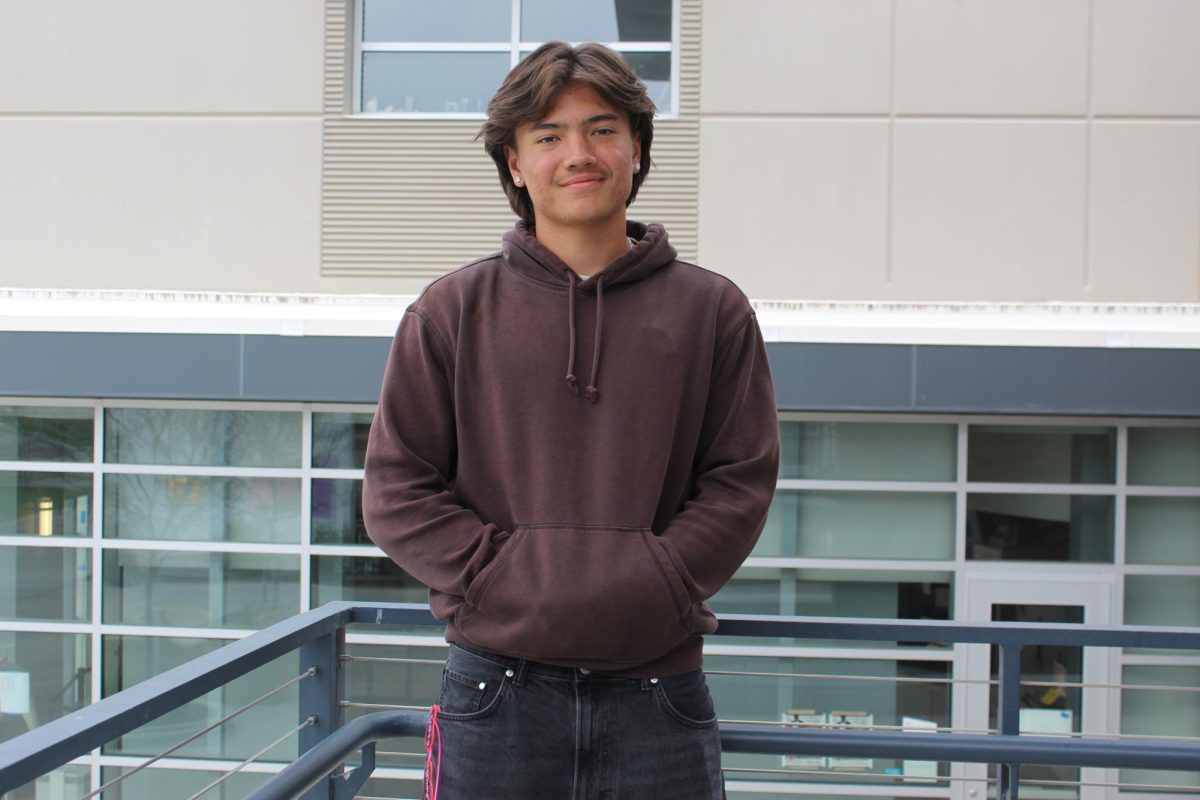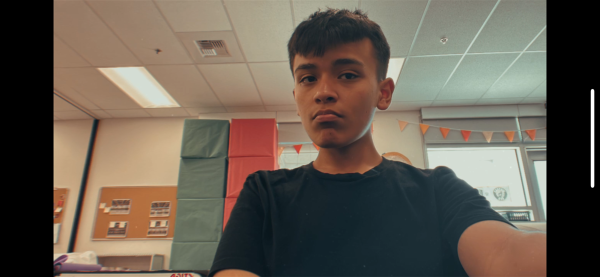For students with special needs, transitioning from high school to adulthood can be challenging and uncertain.
That’s why at Castaic High School, the Special Education Transitional Program is designed to provide a supportive and inclusive environment, where students can develop the skills and confidence they need to succeed to live independently.
In the special education program, students can develop the skills and confidence they need to succeed in being employed and independent living. Through a combination of academics, employment, and life skills training, the program helps students build a strong foundation for an independent life beyond high school.
Aubre Forte, a special education teacher working for the adult transition program, shares, students in the program graduated from Valencia High School and they now come over here, to our program at Castaic. They’re working on vocational skills, both on campus, such as the student stores, and outside, at Grace Baptist Church.
Students start in the program at 18 years old and stay in the program until their 22nd birthday. During those four years they are educated to be well rounded in self-help skills such as personal hygiene and preparing to get a job.
Forte also noted that, “Parents of these students are [often] with them for the rest of their lives. So if they can be independent [by] themselves, those parents no longer need to worry about their child living without them.”
Teachers like Forte in the program help students with disabilities prepare for life by implementing transitional plans by creating individualized goals for each student to work on a skill they struggle on.
Special Education Transitional teacher, Madison Heller, remarked, “Our goal is to prepare them for life after high school in a way that’s practical and empowering. They work on daily living skills like cooking and cleaning, job readiness, communication, social skills, and learning how to navigate their community safely and independently.”
Castaic students between 11th and 12th grade participate in the program to be a role model for the students to be able to go through their learning. Students in the special education program also look up to their peer mentors to get inspiration to be like them: helpful, kind, and independent.
Senior Akiro Neilla, peer role model, shares his experience.
“As a role model, you have to show what’s the right thing to do and help them out with anything. A lot of the kids sometimes struggle [with] who to follow [but] each student is great there, it’s really easy and you enjoy it.”
With only 11 volunteers in the program so far helping to be role models, it might seem stressful to give directions to the ATP students since they have different ways of communicating.
Some communicate with verbal expressions and others with pictures, icons, or a device. But the role models are patient along the way to help the students do their tasks. Even when the ATP students are frustrated, they take it slowly, step by step.
Senior Caden Ward, another peer role model, gives details on what his tasks are.
“[We] must help them and guide them correctly. But you try to take your time and be patient with them, because sometimes they have good days and bad days.”
The Adult Transition program is more than a program. It’s a supportive community that helps guide ATP students with special needs to overcome challenges of adulthood, with the help of friendly and patient student volunteers. It helps the ATP students become more sociable and be open about themselves.
“It’s a crucial program that helps students become active members of the community. The more people know, the more support and opportunities our students can receive,” stated Heller when asked why people should be aware about the Adult Transition Program.”
The Adult Transition program is seeking support from 11 and 12th graders to fill the gap of 11 to 22 volunteers to make it easier to help ATP students have more role models. Castaic students can contact their guidance counselor if they have interest or questions about the Program.


